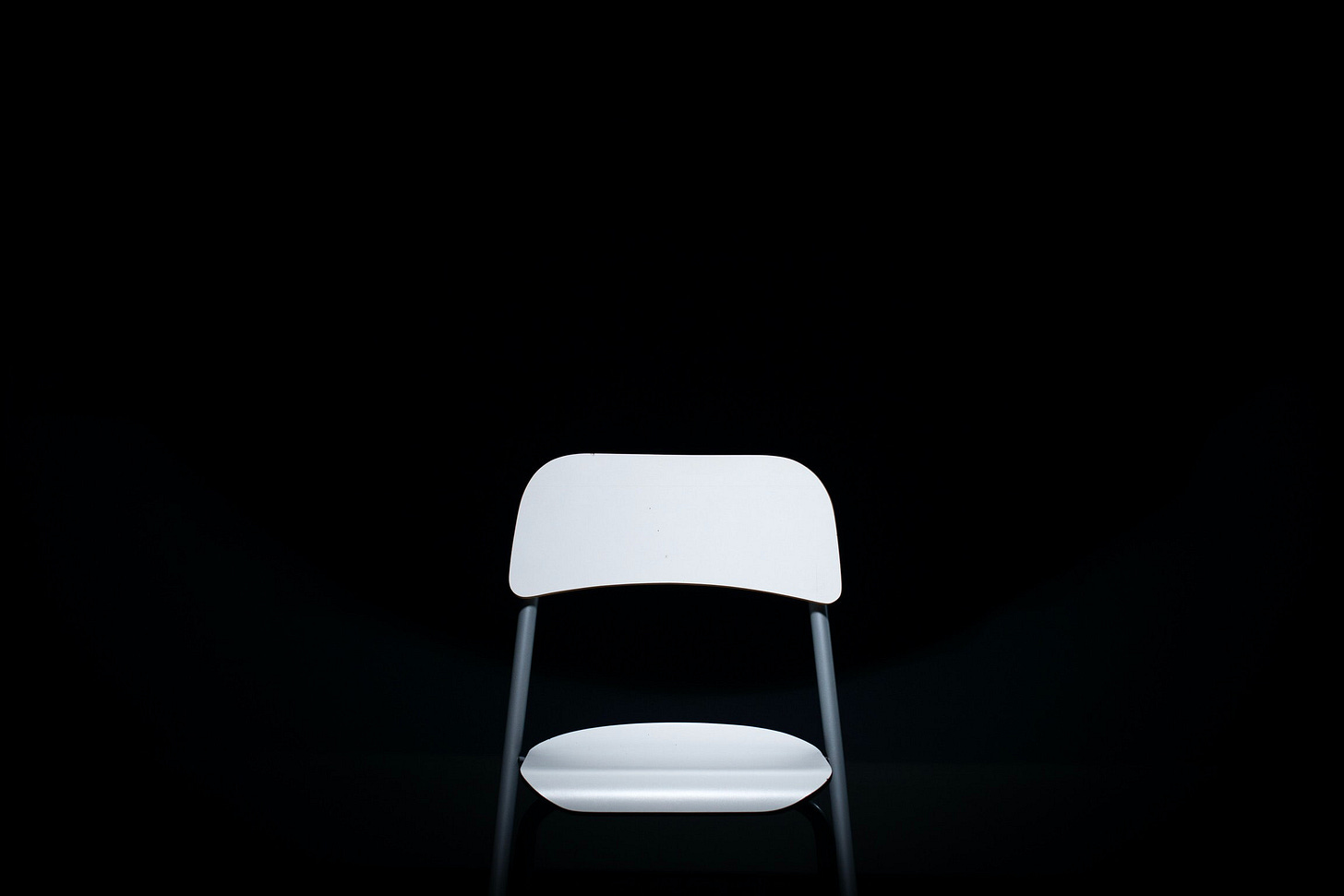Things that make it harder
Alcohol, addiction, mental and physical challenges all make it harder for me to get out of the cycle of homelessness.
I am a person in recovery from alcoholism.
But before my alcoholism, there was (and still is) chronic major depression, anorexia and bulimia, Post Traumatic Stress Syndrome (PTSD), insomnia, generalized anxiety disorder, and Obsessive Compulsive traits. I also have bone spurs and arthritis, partly a result of aging, exacerbated by excessive amounts of time outside in the elements and all the walking that I have to do.
There are a lot of life issues on the street. A lot of “non-homeless” people think of those of us who are “homeless” as mere “bums” and “drunks.” The reality is that we “homeless” deal with the same life issues as those who are not “homeless.” We may or may not have families. We suffer the losses of loved ones. We may be struggling with substance abuse issues. We may be struggling with mental health issues.
At present, my anxiety, depression, and PTSD are really kicking my butt, as well as bouts of insomnia and the resulting OCD tendencies.
Challenges in my mental health status tend to increase my vulnerability to potential relapse with regard to my alcoholism.
Anyone who has ever struggled with substance abuse issues, or knows someone who has, can likely relate to what I am trying to say. I must successfully manage each end of my co-occurring disorders (substance abuse and mental health diagnoses). When my depression, PTSD, or (and!) anxiety heighten, my inclination to self-medicate with alcohol increases. When use of alcohol is in play, this directly impacts and worsens my depression, etc. At present, I take medication for my depression, insomnia, and for my hypothyroidism. In addition to medications, I attend AA weekly, other agency-run support groups, and 1:1 counseling to learn new coping skills.
The challenge for anyone learning new coping skills, for any reason, is applying what one has learned. This is particularly challenging, yet vital, in high stress or crisis situations. Homelessness is always high stress. Where am I going sleep tonight? How will I spend my day? Where will I eat? What is the weather going to be like? How do I stay warm and dry? Who will I run into? How do I keep my belongings safe and dry?
As a person experiencing homelessness, I face these challenges daily. Cognitively, I know that the key to successfully maneuvering these challenges, therefore successfully managing both my mental health and my recovery, is to utilize my new coping skills. However, “knowing” and “doing” are not yet automatic.
I guess, in the end, all I can do is to keep putting one foot forward in front of the other. Try to live in the “now” of today, and keep making wise choices.
Finally, I need to learn to ask for help when I need it. Sometimes the only lifeline is the strong arm of a friend to steady me—instead of a bottle.



